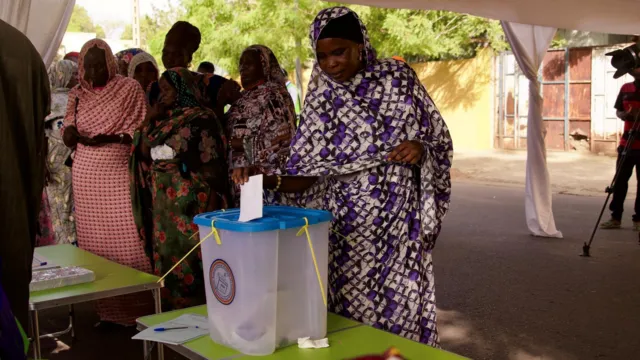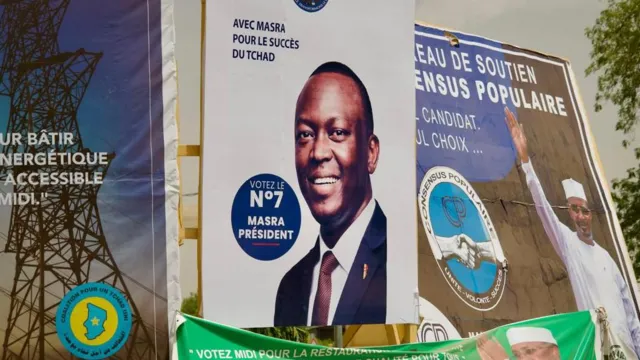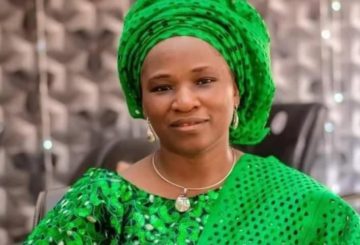Chad held its long-delayed presidential election on Monday, following three years of military rule under interim president Mahamat Deby Itno. The vote, which many analysts expected the incumbent to win, comes after Deby Itno seized power in 2021 following the death of his father, Idriss Deby, who was killed fighting rebels after three decades in power.

Despite the promise of an 18-month transition to civilian rule, Deby Itno’s government extended the interim period for two more years, leading to protests and unrest across the country. This extension raised concerns about the consolidation of military power and the future of democracy in Chad. As an oil-exporting nation with nearly 18 million people, Chad hasn’t experienced a free and fair transfer of power since its independence from French colonial rule in 1960.
The election featured 10 candidates on the ballot, including one woman, offering a glimmer of diversity in the political landscape. However, the odds of significant change appeared slim, with over 8 million registered voters out of a population of 17 million. Chad is viewed by the U.S. and France as a key ally in the Sahel region, a vast stretch of territory that has recently seen military coups in Burkina Faso, Mali, and Niger. These coups have led to the expulsion of French forces and a turn toward Russian mercenary units for security assistance. Chad’s relatively stable status has made it an important partner in the fight against terrorism and extremist groups in the region.

Chad is one of the poorest countries in the world, and many citizens view the election with skepticism, given the nation’s long history of political instability and military control. As the election results are awaited, observers are watching closely to see how Deby Itno’s regime will handle dissent and whether the transition to civilian rule will finally occur. The outcome will shape Chad’s political future and potentially influence the broader dynamics of stability and security in the Sahel region.




